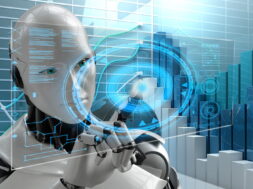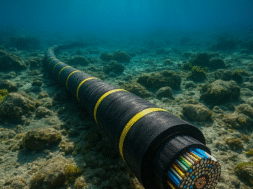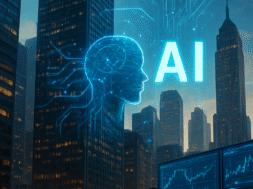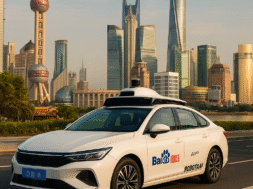
The Pros and Cons of AI as a Human Replacement
Artificial Intelligence (AI) is transforming the way we live, work, and interact with one another. As AI technology advances, there is increasing concern about its impact on employment and the potential for AI to replace human workers in various industries. While there are certainly some advantages to using AI as a human replacement, many potential drawbacks must be carefully considered.
Pros of AI as a Human Replacement
- Increased Efficiency: One of the most significant advantages of using AI as a human replacement is the potential for increased efficiency. AI can work tirelessly around the clock without needing breaks or rest, allowing companies to complete tasks and processes much faster than they would be able to with human workers.
- Cost Savings: Another potential advantage of using AI as a human replacement is the potential for significant cost savings. AI systems can be much cheaper to operate than human workers, as they do not require salaries, benefits, or other overhead costs associated with human employees.
- Increased Accuracy: AI systems can also be much more accurate than human workers, especially when it comes to tasks that require precise measurements or calculations. This increased accuracy can lead to higher quality products and services, as well as improved safety in certain industries.
- Improved Safety: AI can be used in hazardous or dangerous work environments where human workers may be at risk of injury or death. For example, AI-powered drones can be used for search and rescue missions, or in situations where human workers would be exposed to hazardous materials or conditions.
Cons of AI as a Human Replacement
- Job Displacement: Perhaps the most significant disadvantage of using AI as a human replacement is the potential for widespread job displacement. AI systems can perform many tasks that are currently done by humans, which could lead to significant job losses in various industries.
- Reduced Creativity: While AI systems can be highly efficient and accurate, they may lack the creativity and innovation that human workers bring lead to a reduction in new ideas and product development, ultimately harming businesses and the economy.
- Ethical Considerations: Many ethical considerations must be considered when considering AI as a human replacement. For example, some argue that it is unfair to replace human workers with machines that do not require breaks, rest, or other basic needs that humans have.
- Technological Limitations: While AI technology has advanced significantly in recent years, there are still many tasks and processes that AI still needs to perform as well as humans. This means that there will likely be many jobs that will require human workers for the foreseeable future.
- Reduced Social Interaction: The increased use of AI as a human replacement could also lead to reduced social interaction between humans. This could have negative implications for mental health, well-being, and overall societal cohesion.
AI technology has the potential to revolutionize many industries and create new opportunities for innovation and growth. However, many potential drawbacks to using AI as a human replacement exist, including job displacement, ethical considerations, and reduced creativity. As we continue to develop and adopt AI technology, it is important that we carefully consider these pros and cons and work to mitigate the potential negative impacts of AI on society and the economy. Ultimately, the success of AI as a human replacement will depend on our ability to balance efficiency and cost savings with ethical considerations and a commitment to social responsibility.













